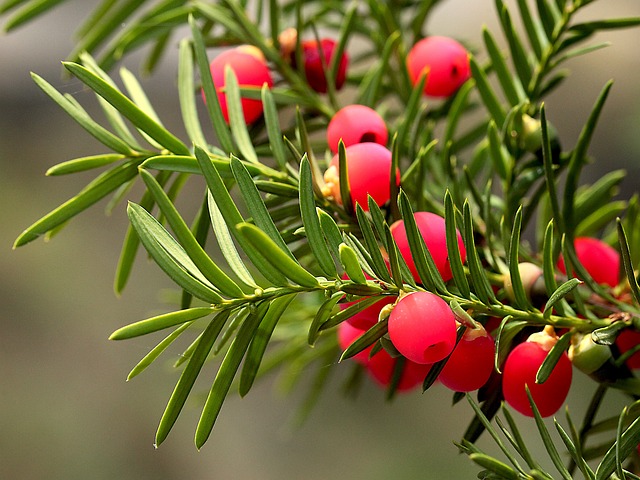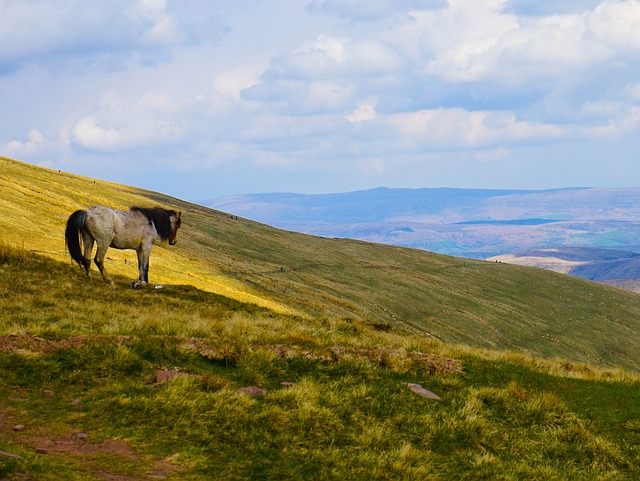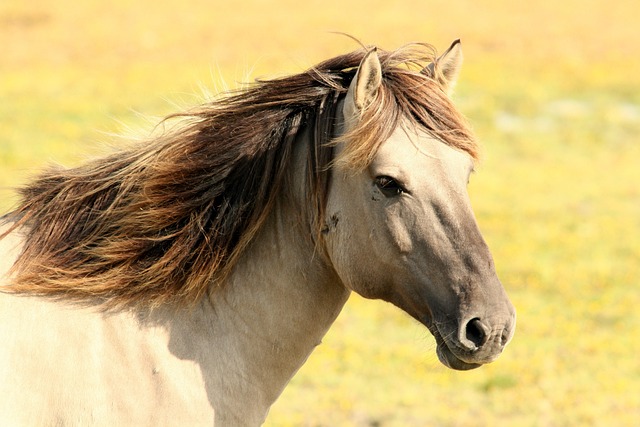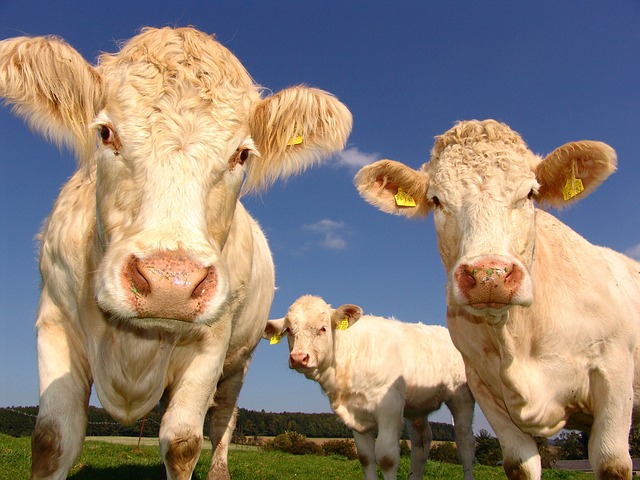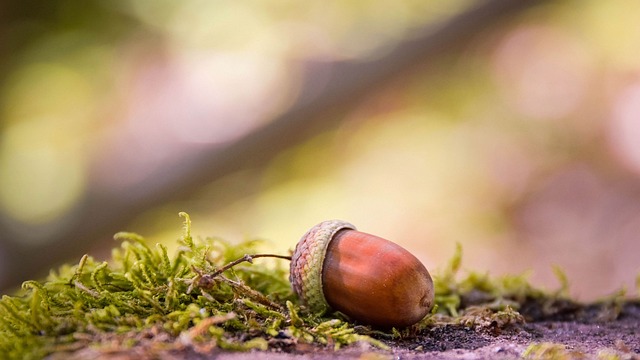
Acorns
February 1, 2023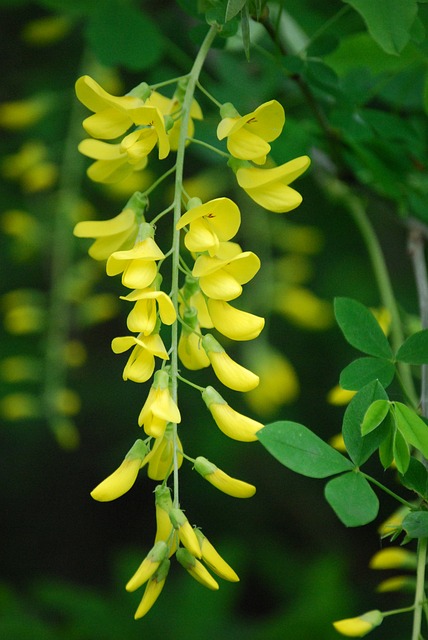
Laburnum (Golden chain)
February 1, 2023Yew is a commonly grown ornamental plant that is highly toxic to horses if ingested. The toxic compounds found in yew, known as taxanes, can cause serious harm to a horse’s heart, nervous system, and digestive system.
Ingesting even a small amount of yew can cause a horse to experience symptoms such as tremors, difficulty breathing, and seizures. In more severe cases, yew toxicity can lead to heart failure and death.
Horses may come into contact with yew while grazing or may be attracted to its sweet-tasting leaves. As a responsible horse owner, it is important to be aware of the dangers of yew and to take steps to prevent your horses from coming into contact with it. This may involve removing the plant from your property or supervising your horses closely while they are grazing.
If you suspect that your horse has ingested yew, it is important to seek veterinary attention as soon as possible. Treatment will depend on the amount of yew ingested and the symptoms shown, but may include medications to support the horse’s vital functions and help to alleviate symptoms.
In conclusion, yew is a highly toxic plant that can have serious consequences for horses if ingested. As a responsible horse owner, it is important to be aware of the dangers of yew and to take steps to prevent your horses from coming into contact with it. By doing so, you can help to ensure the health and wellbeing of your equine companions.

